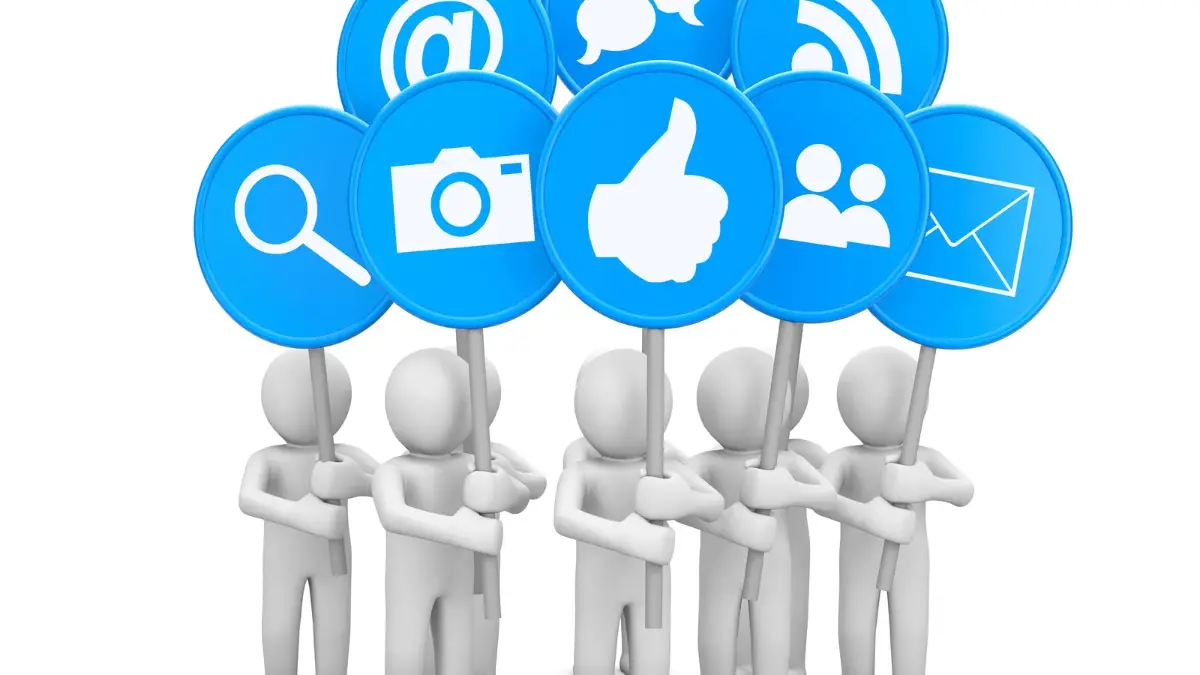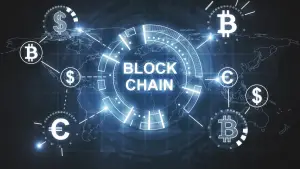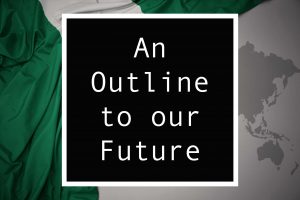The advent of digital communication has reshaped political discourse in Nigeria, particularly since the restoration of democracy in 1999. This era ushered in expanded free expression and the rapid rise of social media platforms, critical in shaping public opinion. Within this digital ecosystem, PR Bots and Data Boys; social media influencers with significant followings, engaged by political actors to influence perceptions have proliferated as contentious figures.
While PR Bots amplify government initiatives, their methods raise critical questions about ethical practices. Questions on public expenditure, and overlap with official communication channels, particularly at the state level.
This essay will explore the rise of PR Bots and Data Boys in Nigeria. Focusing on their recruitment by state governments and governors, ethical challenges, and redundancies in government communication.
It investigates budgetary allocations for public relations in the 2025 fiscal year. And critiques how these practices foster citizen dependency on politicians, undermining economic independence. Proposals for reform aim to enhance transparency and accountability are provided.
The Genesis of PR Bots and Data Boys in Nigeria
Post-1999 media liberalization aligned with the global surge of social media platforms like Twitter (now X), Facebook, and Instagram. These platforms enable politicians to bypass traditional media and engage citizens directly.
Some of the earliest politicians who leveraged these platforms on a personal level include Malam Nasir Elrufai. Who was very active on Twitter after his tenure as FCT Minister.
Even during his tenure as Kaduna State Governor, he maintained personal presence on Twitter and was among the first to open an official handle for a state Governor among his Nigerian colleagues.
While not every politician is as tech savvy as El-Rufai, others resort to engaging the services of PR Bots to promote their activities.
These PR Bots and Data Boys, are often young and digitally adept users, who are contracted to promote government messages, defend policies, and shape narratives.
At the state level, governors increasingly rely on these influencers to bolster their image, particularly during elections or crises.
Unlike professional public relations practitioners, these influencers operate in an unregulated space. Often prioritizing financial gain over accuracy.
Their formulaic posts, lacking independent verification, earns them the “bot” label.
During the 2023 elections , 17.1% of then-presidential candidate Bola Tinubu’s followers were automated accounts, with 30% of hashtag activity tied to propaganda.
At the state level, similar tactics are evident, with governors employing influencers to counter criticism or trend hashtags, often at the expense of public trust. Especially when defending policies misaligned with realities like persistent insecurity.
Government Expenditure on Public Relations: A Budgetary Overview
The Nigerian government allocates significant resources to public relations, though exact figures remain opaque due to distribution across ministries, departments, and agencies (MDAs).
The 2025 national budget, approved at ₦54.99 trillion, reflects a 41.9% increase from 2024’s ₦35.1 trillion, emphasizing economic stabilization.
Key areas of PR spending include the Ministry of Information and Culture, the Presidency, and State Media Aides. PR Bots and Data Boys funded through discretionary budgets, and security agencies with allocations north of ₦274.55 billion.
While proponents argue public relations foster trust and counter misinformation, critics emphasize the disproportionate cost amid Nigeria’s 63% multidimensional poverty.
Resources spent on PR efforts often divert critical funds from essential services like healthcare and education.
In Kaduna, during a state invitation to the so-called PR Bots, the governor announced a gift of N50,000 to all those present at the dinner. In a widely circulated video, the social media influencers were jubilating the said gift.
While it is not clear whether the money was from the governor’s personal income or the state’s Treasury, the pattern raises serious concerns about the financial sustainability or justification of such expenses.
Recruitment and Management of PR Bots and Data Boys
Recruitment of PR Bots and Data Boys is largely informal, managed by political operatives at the federal and state levels. Key processes include:
1.) Identification of influencers with substantial followings.
2.) Engagement with offers like financial incentives, patronage, or gifts (e.g., smartphones).
3.) Contracting, where Data Boys often receive only minimal stipends such as ₦5,000 for data monthly.
4.)Dissemination of state-approved content via WhatsApp groups.
Data Boys, on the other hand, are typically from economically disadvantaged backgrounds and rely heavily on this meager support, reinforcing systemic dependency rather than empowering young Nigerians.
This pattern sharply resembles the practice of vote buying by politicians during the electioneering periods.
Party faithfuls are disbursed with large sums of money and other items penciled down to be shared to economically challenged members of the society with the aim of winning their votes.
In the case of PR bots, their freedom of speech and expression is bought with the little stipends they receive from government related sources.
Unfortunately, it is a practice that does not know any loyalty or principle. These PR Bots are always up for grabs to the highest bidder. You can see them praising one politician today and switching sides before the sun sets once there is someone willing to pay higher than their former benefactor.
It is exceedingly worrisome that we are raising a generation of youth with no morals or principles who worship money and gratification as their only compass in life.
Ethical Challenges and Economic Dependency
The ethical implications of engaging PR Bots are grave. They participate in disseminating misinformation, excuse governmental failures, and willfully submit themselves to being exploited as a result of their vulnerability
These influencers become defenders of mediocrity in a context where Nigeria battles high unemployment and soaring inflation that has no respect for people’s party affiliations.
State governments usually offer minimal compensation, hence entrench a system of economic dependency in these youths. The politicians believe engaging these PR Bots’ services absolves themselves from the responsibility of creating sustainable economic opportunities.
This practice fosters a political culture where loyalty is bought cheaply at the cost of social progress.
It does not matter to these PR Bots that the road being constructed is substandard. Or that many communities in a state are without potable water, provided they receive their regular alerts, they are happy to defend such politicians as the best thing to happen to Nigerians since the invention of Bread.

Structural Redundancies in Government Communication
Nigeria’s public communication suffers from duplication. Ministries of Information are underutilized and in some cases nonexistent. As it is, Kaduna State has no Ministry of Information but has a large horde of PR Bots ready to defend the misgovernance and feud promoted by those in Kashim Ibrahim House.
Presidential and State Media Aides duplicate efforts of statutory agencies responsible for public communication. The president of Nigeria currently has no less than 10 Media Aides, in addition to the Minister of Information and the state-owned National Television Authority as well as Federal Radio Corporation of Nigeria.
These PR Bots and Data Boys further muddle the communication landscape by flooding timelines with sometimes contradictory reports or erratic responses.
This redundancy leads to inefficiency, wastage, and confusion among citizens. Thanks to the presence of investigative journalists and sharply critical citizens who are always ready to counter such misinformation. The situation would have been indeed the most severe.
Therefore, a reorganization is necessary to ensure cohesive, transparent, and efficient communication systems.
Nigerians deserve the right to receive sensible and factual reports of their government’s activities. Those employed statutorily to do that, should do their jobs diligently without relying on a social media army of Bots.
There is need for more accountability on the sources of funds with which these PR Bots and Data Bots are paid. If indeed it’s coming from the Government coffers, then their activities ought to be regulated and in line with established standards of Public Relations devoid of incivility and the absence of decorum.
Conclusion: Toward an Ethical and Independent Communication Framework
The rise of PR Bots and Data Boys, particularly under state governors, illustrates Nigeria’s evolving, but ethically fraught, political communication.
With a ₦54.99 trillion 2025 budget and critical poverty challenges, diverting public resources to fund unregulated influencers is unsustainable.
Reform should focus on:
Training influencers in fact-checking;
Mandating disclosure of political affiliations;
Certifying influencers via the NIPR;
and Prioritizing genuine economic empowerment for Nigerian youth.
Improved ethical communication practices can rebuild trust between citizens and the state, strengthen democracy, and pave the way for a more just Nigerian society.






